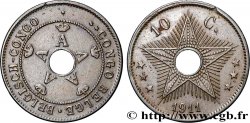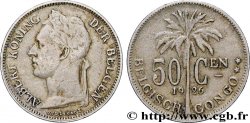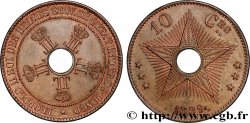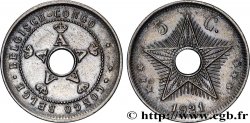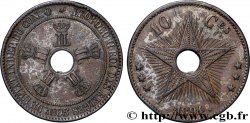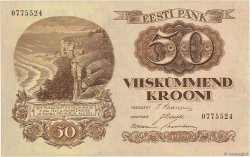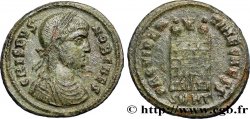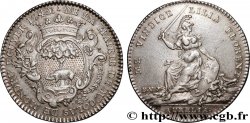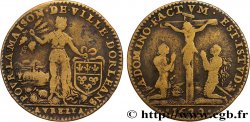fme_920163 - BELGIAN CONGO Plaquette, 50e anniversaire du chemin de fer du Bas-Congo
100.00 €(Approx. 115.00$ | 88.00£)
Quantity
Add to your cart

Type : Plaquette, 50e anniversaire du chemin de fer du Bas-Congo
Date: 1948
Metal : bronze
Diameter : 59,5 mm
Orientation dies : 12 h.
Weight : 250,24 g.
Edge : lisse + FONSON
Puncheon : sans poinçon
Coments on the condition:
Patine hétérogène avec des taches d’oxydation à l’avers et au revers. Petite usure
Obverse
Obverse legend : APERIRE TERRAM GENTIBUS // 132 EUROPEENS ET 1800 AFRICAINS ET ASIATIQUES - 132 EUROPEANEN EN 1800 AFRIKANEN EN AZIATEN.
Obverse description : Monument représentant des hommes et des femmes travaillant à la construction du chemin de fer, certains étant épuisés et au sol. Signé : DUPAGNE.
Reverse
Reverse legend : 50.EME ANNIVERSAIRE DU / CHEMIN DE FER DU BAS-CONGO / 1898-1948 / 50.STE VERJARING VAN DE / BENEDEN-CONGO / SPOORWEG.
Reverse description : Légende en 6 lignes.
Commentary
Dimensions : 59,5*92 mm.
Dimensions: 59.5*92 mm
Dimensions: 59.5*92 mm








 Report a mistake
Report a mistake Print the page
Print the page Share my selection
Share my selection Ask a question
Ask a question Consign / sell
Consign / sell
 Full data
Full data